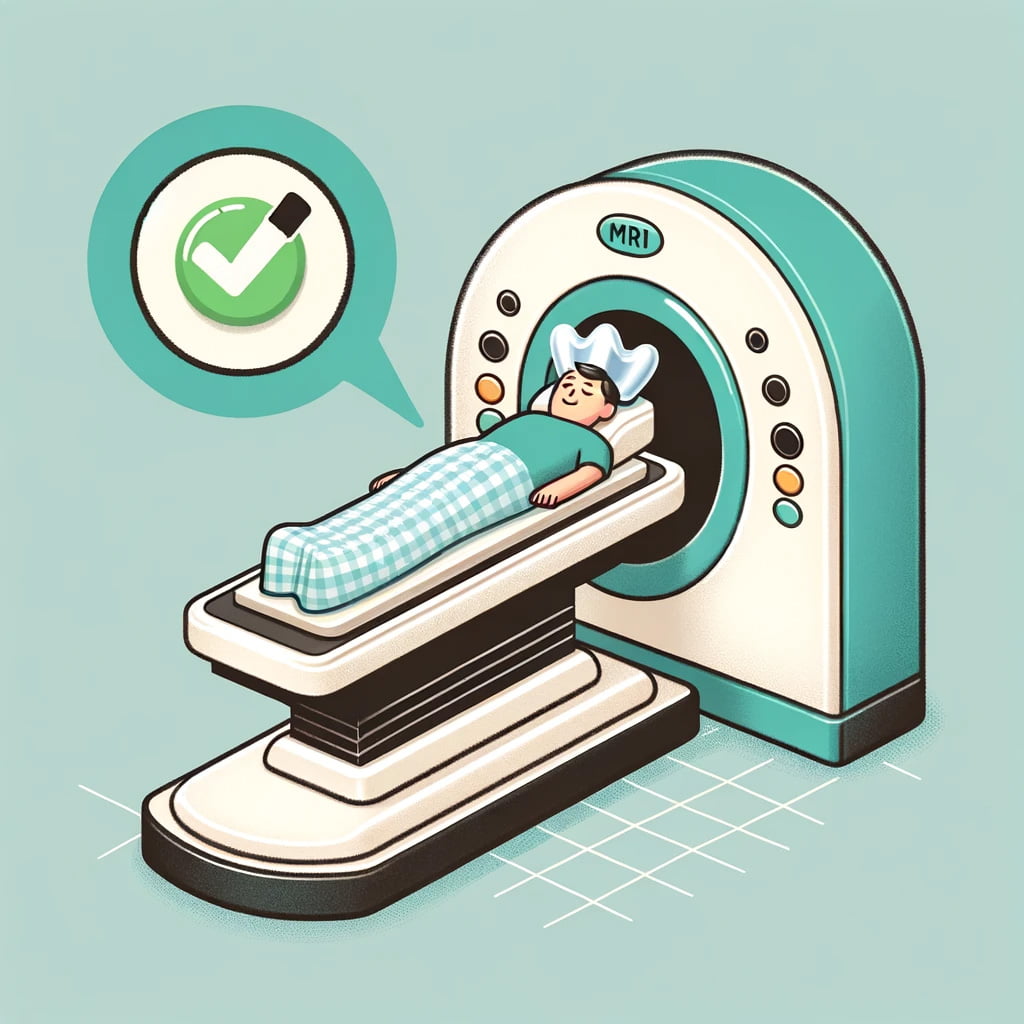Magnetic Resonance Imaging (MRI) has become a cornerstone of modern medical diagnostics, yet patients with dental crowns often find themselves grappling with uncertainty: can they safely undergo an MRI?
This article aims to demystify the compatibility of dental crowns with MRI technology.
By examining various aspects, from safety concerns to the impact of different crown materials, this piece offers valuable insights for anyone in this predicament.

Understanding Dental Crowns and MRI Compatibility
Dental crowns, while predominantly known for their restorative and cosmetic benefits, are comprised of diverse materials, each with unique properties.
The interaction of these materials with the intense magnetic field generated by MRI machines is a primary concern.
Contrary to popular belief, most modern dental crowns, made from porcelain, ceramic, or composite materials, pose no risk during an MRI.
Metal-based crowns, however, warrant a closer look due to their conductive nature.
Safety Concerns: What Happens Inside an MRI Machine?
Safety in the MRI suite is paramount. While the majority of dental crowns do not pose a risk, there are exceptions.
For instance, older crowns made of ferromagnetic materials can be problematic. Fortunately, such instances are rare, and advancements in dental technology have largely mitigated these risks.
Interviews with radiologists reveal that a routine screening process for metallic objects is standard practice, ensuring patient safety.
Types of Dental Materials: MRI Risks and Considerations
The landscape of dental crown materials is varied. Porcelain and ceramic crowns are MRI-safe, causing no interference with the imaging process.
However, crowns containing metal alloys, particularly those with magnetic properties, can distort MRI images. This distortion, known as an artifact, might obscure the imaging results.
The American Dental Association provides comprehensive guidelines on the MRI compatibility of different dental materials, a valuable resource for both patients and practitioners.
Pre-MRI Procedures for Patients with Dental Crowns
Prior to undergoing an MRI, patients with dental crowns should inform their healthcare provider about the type of crowns they have.
In most cases, no special preparation is needed. However, in rare cases with specific types of metal crowns, alternative imaging methods may be considered.
Patient testimonials often highlight the importance of clear communication with healthcare providers in these scenarios.
Potential Artifacts in MRI Results Due to Dental Crowns
While dental crowns generally do not pose a risk to the patient, they can affect the quality of MRI results.
Metal crowns, particularly those with ferromagnetic properties, can cause artifacts.
These artifacts appear as distortions or blank spots on the MRI image, potentially obscuring critical information.
Radiologists are trained to recognize and interpret these artifacts, ensuring that the diagnostic value of the MRI is not compromised.
Recent Advances in MRI and Dental Technologies
The field of medical imaging and dental materials is constantly evolving. Recent advances in both MRI technology and dental materials have reduced compatibility issues.
For instance, the development of high-field MRI scanners and non-magnetic dental materials represents a significant stride forward.
Ongoing research in this field promises even greater compatibility in the future, potentially eliminating the concern altogether.
Conclusion
The intersection of MRI technology and dental crowns is a testament to the remarkable advancements in medical and dental sciences.
While certain types of metal crowns can pose challenges, these instances are increasingly rare. Patients with dental crowns can, in most cases, undergo MRI scans without concern.
This article underscores the importance of informed discussion between patients and healthcare providers, ensuring that both safety and diagnostic clarity are upheld.
In a world where medical technology is ever-evolving, staying informed is crucial.
This exploration of MRI compatibility with dental crowns not only alleviates concerns but also highlights the importance of advancements in both dental and imaging technologies.
Whether you’re a patient, a healthcare provider, or simply someone interested in the intersection of technology and health, understanding these nuances can make a significant difference.
